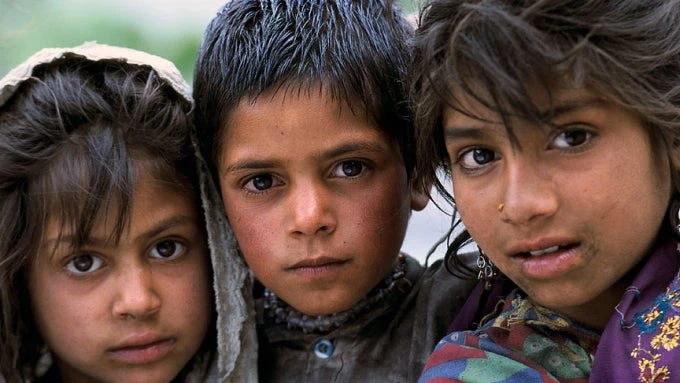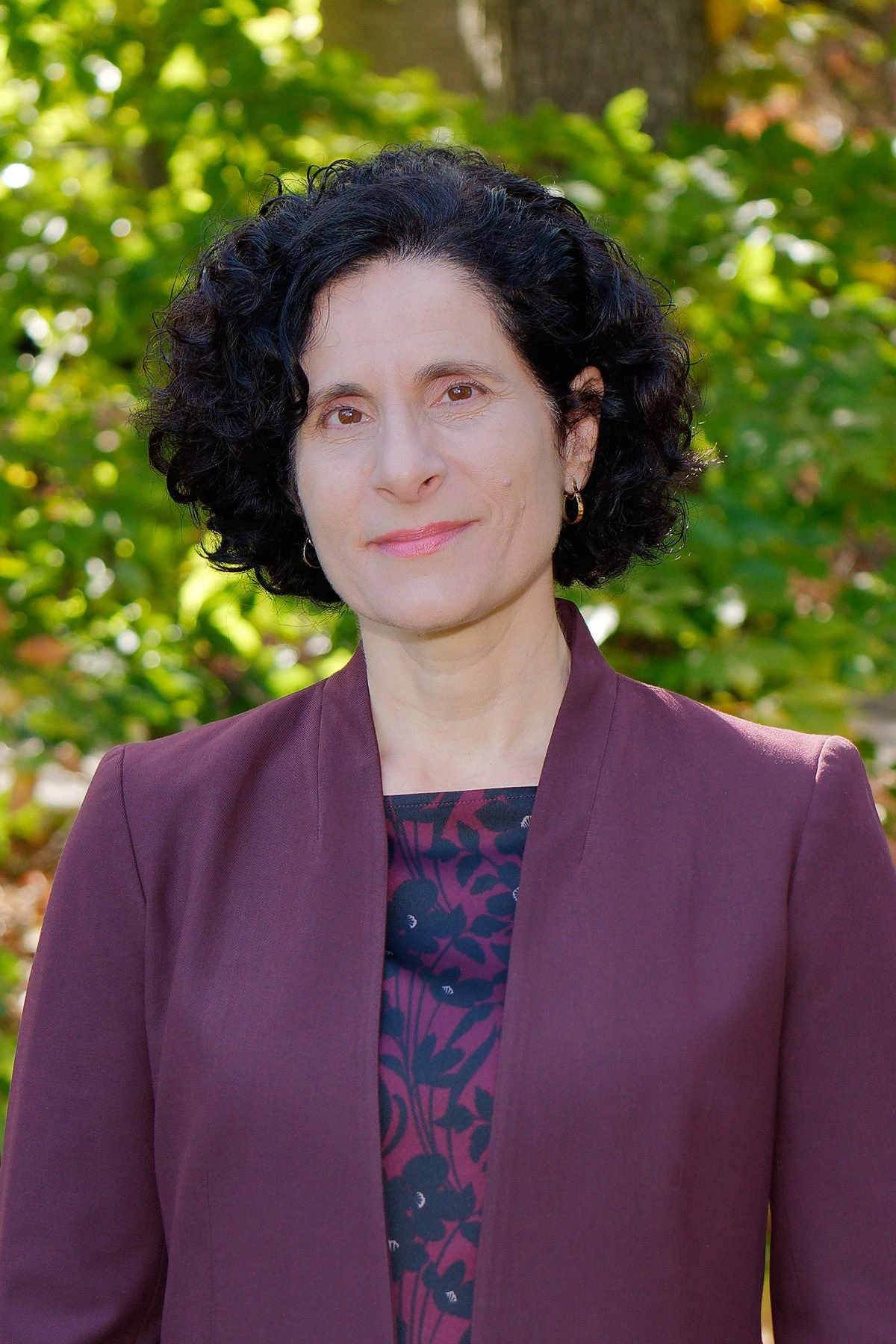
Violence against women is a pervasive issue in Pakistan. The problem manifests itself in many ways, most of them extreme: honor killing, spousal abuse including marital rape, acid attacks, being burned by family members, attempted murder at the hands of husband or in-laws, or even driving a woman to suicide. According to the latest Demographic and Health Survey (DHS) in the country, 32% of ever married women aged 15-49 years report having experienced physical violence at the hands of their spouses, and 1 in 10 women reported experiencing violence during pregnancy.
However, violence against women goes beyond physical intimate-partner violence. As an example, a study based on face-to-face interviews with 759 women in Karachi found that 82% of married women aged 25-60 years had experienced some form of psychological abuse. Another smaller survey of 176 married men 18 years or older in age and from different socio-economic backgrounds in Karachi found that 95% reported perpetrating some type of verbal abuse during their marital life. strict rules about how men and boys should behave, including protecting honor, and an adult male can never be questioned or ordered to do anything. A woman’s behavior is also strongly linked to honor. When a woman challenges her traditional role, or is perceived to step outside the lines, honor may be threatened. The drive to preserve honor can be so strong that it has resulted in some of the most heinous crimes against women ever committed in Pakistan.
Role models, especially fathers, also play an important role in shaping behaviors from an early age. When people experience violence in their childhood, they can grow up to either become victims or perpetrators of violence themselves. For perpetrators, suppressing those weaker than themselves, whether men or women, is a way to gain control. Moreover, people who grow up around violence tend to become more accepting of it. For example, in the aforementioned survey of married men in Karachi, almost half the men in the study believed that men had a right to beat their wives… Interestingly, about 55% of these men had been victims of physical violence during childhood themselves, and 65% had witnessed their mother being beaten.
So what can be done?
From addressing discriminatory laws and practices, as the Government of Pakistan has recently begun doing to providing women with support (financial, emotional, and physical) to educating men, women, and children, there are multiple interventions. Among these, engaging men and boys as partners to prevent violence is an important one. Several Pakistani non-governmental organizations such as Rozan, Sahil, and Amal have been working with men to address violence against women.
Their engagement strategies include working directly with victims through health interventions, and engaging with communities. Rozan has compiled stories of strong men who have stood up for women, or other men, to inspire others. All organizations conduct awareness campaigns and trainings. The trainings focus on discussions around what it means to be a man, masculinity, and violence against women. They help men understanding themselves and find alternate pathways that lead away from violence. In addition, Sahil and the Family Planning Association of Pakistan (FPAP) have invested in sensitivity training for their employees. Organizations also rely on theatre and media to promote compassion and behavior change.
Most of the programs in Pakistan that engage men are young, and there is considerable scope for growth. As these initiatives evolve, monitoring and evaluation will help us gain valuable insights into what works and what doesn’t. Programs that engage men need to understand their unique experiences, and should be designed to allow men and boys to explore other conceptions of masculinities, and examine the benefits of these alternatives on their well-being as well as that of their families, women and children.
Finally, behavioral change takes time, and thus requires longer-term responses that address the root causes of that behavior. However, many of the promising practices we currently see are short-term efforts. If we are serious about making a real, lasting difference in the lives of Pakistani women and men, observing and understanding the long-term impacts of those efforts will be critical.




Join the Conversation